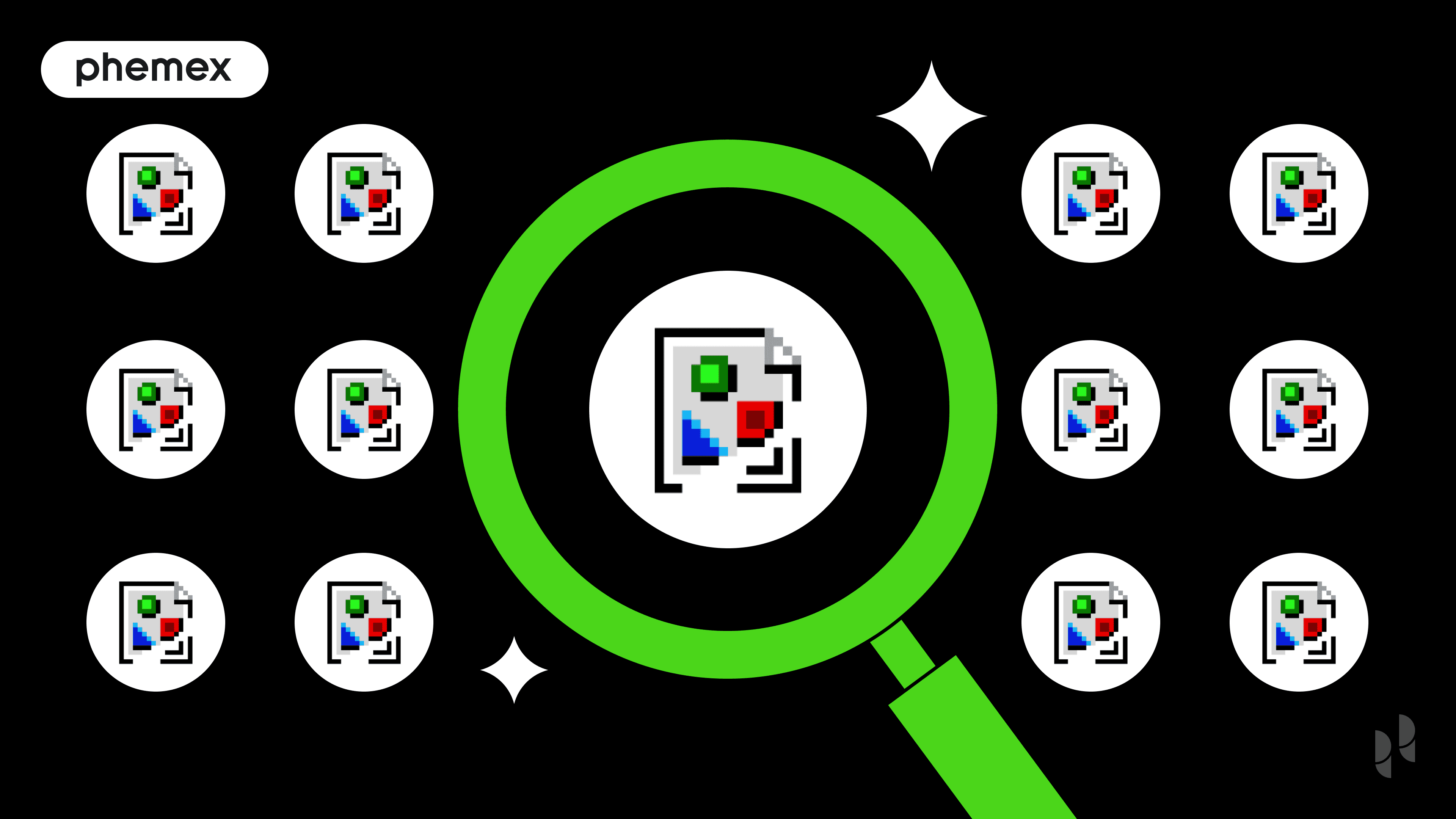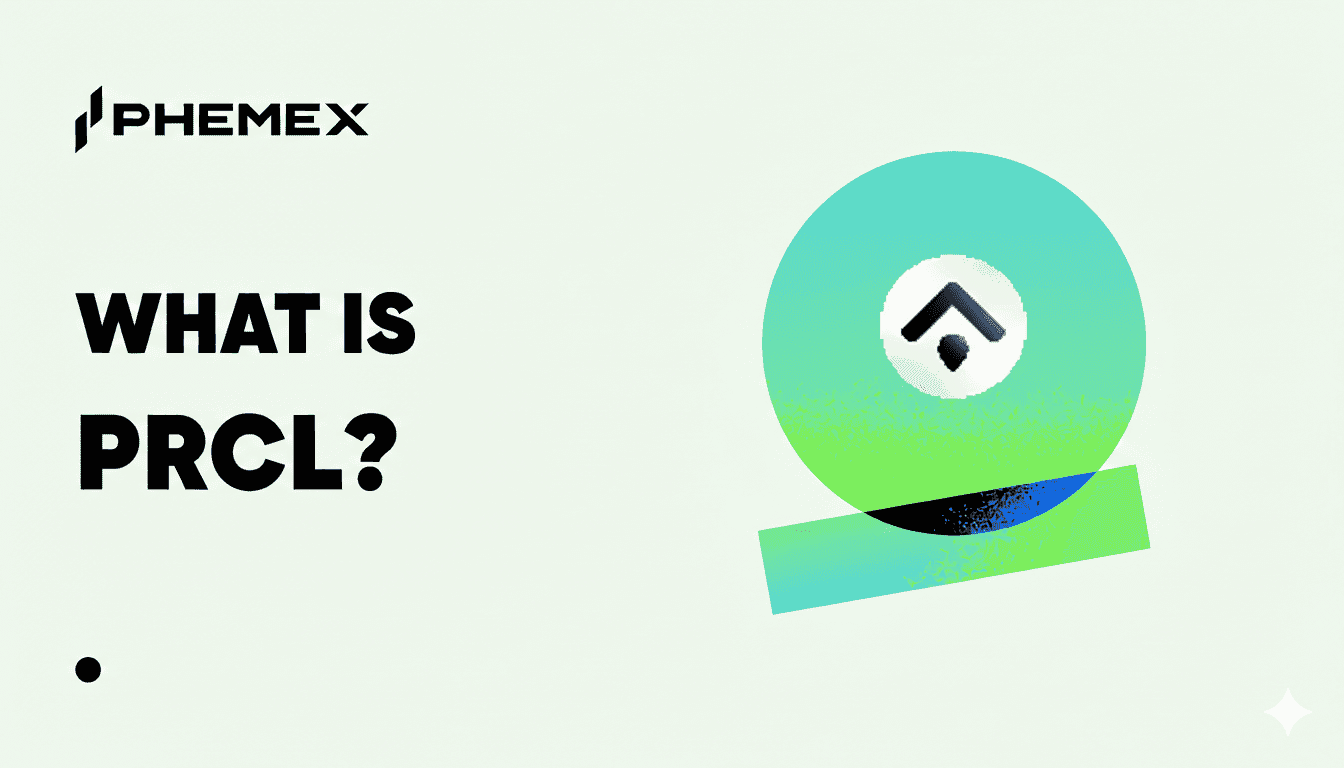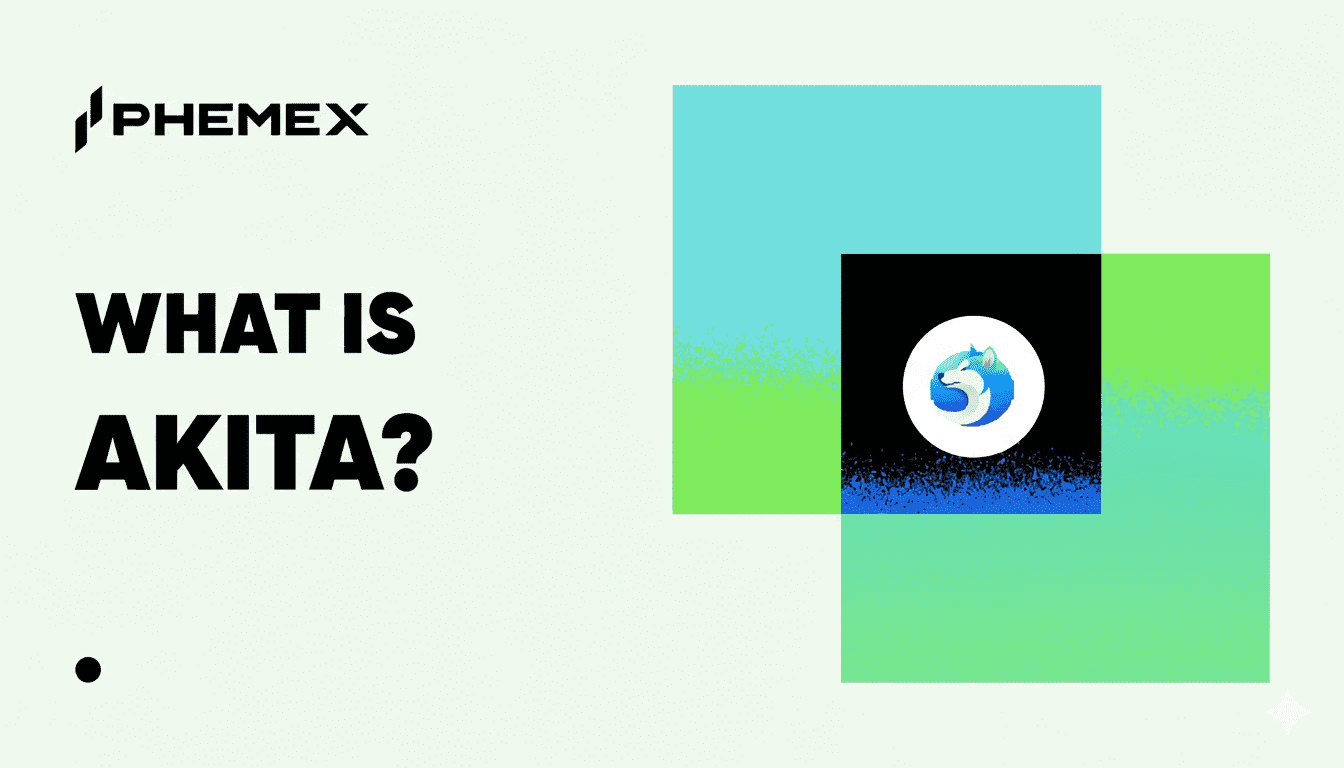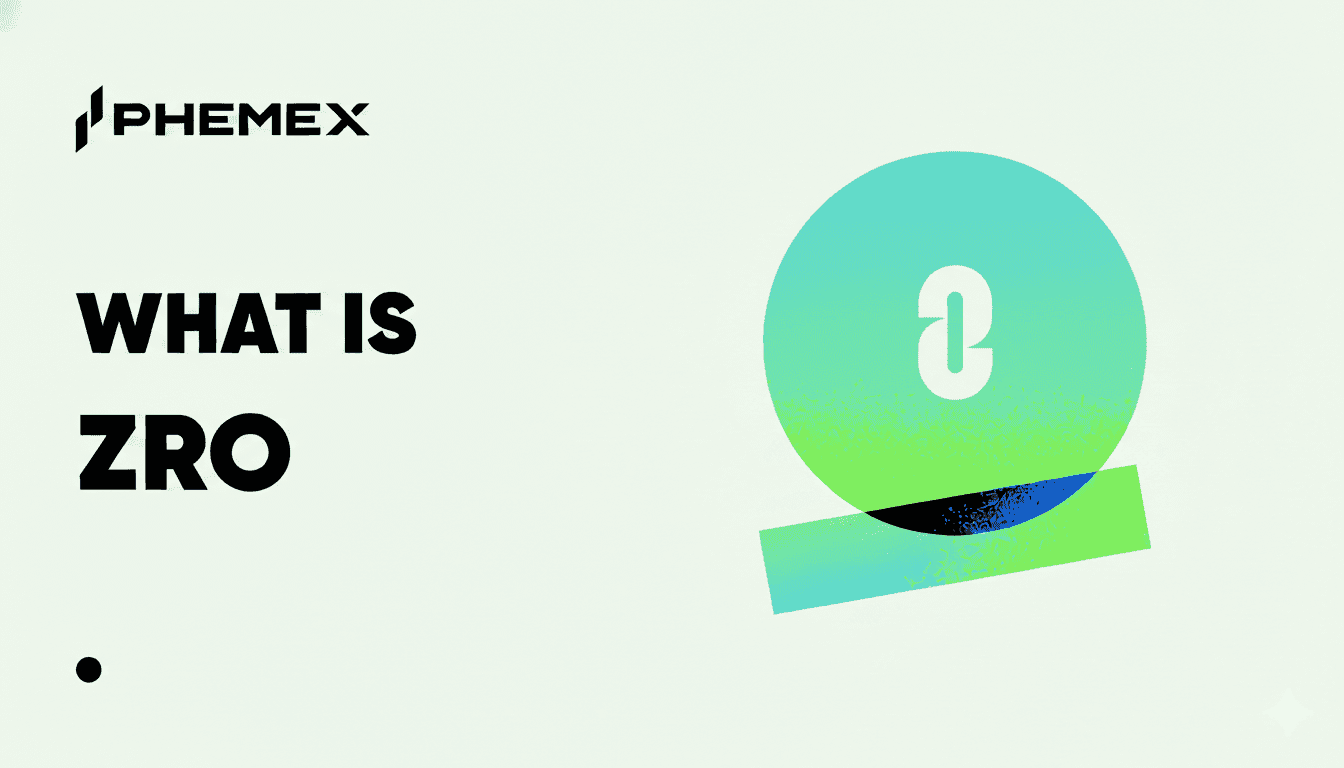Introduction
Blockchain systems demand speed and reliability, but public internet limitations often cause delays. DoubleZero addresses this with a decentralized network that optimizes connectivity for blockchain operations as part of the growing DePIN movement. Its native token, $2Z, drives this innovative framework, rewarding contributors and enabling users to access high-performance resources.
Whether you're a trader exploring $2Z’s recent market surge or a developer seeking better network performance, this guide explains the $2Z token, its role in DoubleZero, and how to trade it on Phemex.
Quick Facts About $2Z Token
| Metric | Details |
| Current Price | $0.4 (24h change: +1.21%) |
| Market Cap | $1.38B (#67 rank) |
| 24h Trading Volume | $977M (+172%) |
| Circulating Supply | 3.47B 2Z (34.71% of total) |
| Total Supply | 9.99B 2Z |
| Max Supply | 10B 2Z |
| All-Time High | $0.7502 (Oct 2, 2025) |
| All-Time Low | $0.2308 (Oct 2, 2025) |
| Blockchain | Solana (SPL standard) |
| Contract Address | J6pQQ3FAcJQeWPPGppWRb4nM8jU3wLyYbRrLh7feMfvd |
| Availability on Phemex | Spot and Futures |
Data as of October 9, 2025. Prices and volumes fluctuate; always check live markets before trading.
What Is DoubleZero?
DoubleZero is a decentralized infrastructure protocol that builds a high-performance network from contributed resources like private fiber and hardware. Think of it as a global network where nodes (computers or devices) connect directly to each other, forming a web-like structure called a mesh. This mesh allows data to travel faster and more reliably than on the public internet, which is critical for blockchain tasks like transaction validation or real-time data feeds.
DoubleZero solves key blockchain challenges: slow transaction processing, high latency, and unequal global access. By creating an optimized framework, it supports validators, traders, and developers with faster, more reliable connectivity.
What Is a Mesh Network?
A mesh network is a decentralized system where nodes connect directly to one another, creating multiple data pathways. This setup reduces delays and improves resilience, as data can reroute if one path fails. In DoubleZero, contributors provide hardware to form this mesh, enabling blockchain users to process transactions or data with minimal lag.
Who Is DoubleZero For?
DoubleZero serves two main groups:
-
Contributors: Individuals or entities with spare network resources (e.g., fiber links) who join the network and earn $2Z based on performance.
-
Users: Blockchain participants like validators, RPC providers, or traders who use the network for optimized data routing via verified public keys.
Access is ledger-based, with plans to expand to other blockchains.
DoubleZero's Mission
DoubleZero aims to make high-speed, low-latency connectivity accessible for decentralized systems worldwide. By leveraging contributed resources, it outperforms public internet speeds, reduces jitter, and promotes equitable participation across regions. This mission supports faster, more reliable blockchain operations.
What Is the $2Z Token?
The $2Z token is the native utility token of the DoubleZero protocol, built on Solana as an SPL token. It powers a decentralized network designed to deliver low-latency connectivity for blockchain systems by connecting underutilized hardware like private fiber links and FPGA devices, aligning with the DePIN model. $2Z is purpose-built for practical uses: paying for network access, rewarding contributors, and enabling staking for security.
Launched on October 2, 2025, $2Z hit an all-time high of $0.7502 on its debut, reflecting strong initial interest. Its design includes token burning to manage inflation, ensuring long-term sustainability.
2Z Tokenomics and Distribution
The $2Z token launched with a 10 billion total supply, managed by inflation (for compute/security) and burning (for integrity). Here’s the initial allocation:
| Category | Percentage | Amount (Billions) | Vesting Details |
| Foundation & Ecosystem | 29% | 2.9 | Fully unlocked |
| Jump Crypto | 28% | 2.8 | 5% unlocked; 23% over 4 years |
| Malbec Labs | 14% | 1.4 | Over 4 years |
| Team | 10% | 1 | Over 4 years |
| Institutions | 12% | 1.2 | Over 4 years |
| Contributors | 4% | 0.4 | Over 4 years |
| Builders | 2% | 0.2 | Over 4 years |
| Validators | 1% | 0.1 | 0.7% unlocked; rest in 1 year |
This allocation supports ecosystem growth while locking tokens to prevent early sell-offs. Holders have no rights to dividends, profits, or voting.
What Does the 2Z Token Do?
$2Z drives DoubleZero’s operations:
-
Resource Access: Users pay in $2Z (or converted tokens) for fast network access.
-
Contributor Rewards: Providers earn $2Z for supplying high-performance resources, contingent on beating public internet benchmarks.
-
Security Incentives: Future staking will let holders delegate to providers, strengthening network security.
-
Burning Mechanism: Tokens are burned to control supply and deter spam.
These functions make $2Z vital for blockchain applications needing speed and reliability.
Key Characteristics of $2Z Token
-
Utility-Driven: Value ties to network usage, not speculation.
-
Solana-Based: Uses SPL for fast, low-cost transactions.
-
Dynamic Supply: Inflation is balanced by burns for sustainability.
-
Global Reach: Promotes equitable access to high-speed connectivity.
-
High Volatility: Early price swings reflect its newness—trade cautiously.
How DoubleZero and $2Z Differ from Other Networks
Unlike Layer 1 blockchains like Ethereum, DoubleZero is an infrastructure layer optimizing existing chains. Compared to projects like Helium (focused on wireless IoT), DoubleZero prioritizes fiber-based, blockchain-specific routing with hardware-level filtering. Its dual-ring architecture and performance-based rewards deliver sub-millisecond gains over public internet.
DoubleZero (2Z) vs. Solana (SOL)
DoubleZero's $2Z token operates as a utility asset for network infrastructure on Solana, while Solana's native SOL token powers a full Layer 1 blockchain. A direct comparison highlights their complementary roles: $2Z enhances Solana's performance without competing as a base chain.
| Metric | $2Z (DoubleZero) | SOL (Solana) |
| Type | Utility token for DePIN/infrastructure | Native Layer 1 blockchain token |
| Primary Use | Network access, contributor rewards, staking for low-latency routing | Transaction fees, staking for consensus, governance |
| Ecosystem Focus | Optimizes Solana validators with fiber mesh for reduced jitter; supports multi-chain expansion | High-throughput blockchain for DeFi, NFTs; Proof-of-History consensus |
| Key Strength | Addresses latency bottlenecks in distributed systems | Scalable base layer with 1M+ TPS potential per web sources |
The Tech Behind DoubleZero
The DZ protocol integrates contributor hardware into a decentralized network using multicast, edge filtration, and optimized routing. Inbound data is pre-processed (e.g., spam removal), while outbound messages take direct paths to minimize delays. Built on Solana for $2Z issuance, it verifies users via public keys and plans multi-chain support.
Team and Origins
DoubleZero was developed by Malbec Labs, a network engineering firm holding 14% of $2Z (vesting over four years). Backer Jump Crypto (28% allocation) provided software and hardware support. The team’s expertise in distributed systems focuses on scalability and cross-chain compatibility.
Key News and Developments
-
October 2025: DoubleZero launches Mainnet-Beta and $2Z token.
-
September 2025: SEC issues No-Action Letter for $2Z, affirming regulatory clarity.
-
July 2025: Delegation Program launches, enhancing validator participation.
-
June 2025: Multicast Support added, improving network efficiency.
-
April 2025: $2Z Token Sale for validators begins, boosting ecosystem growth.
-
October 2, 2025: Phemex lists 2Z/USDT for spot trading at 13:10 UTC.
How to Trade $2Z on Phemex
Trading $2Z on Phemex is simple:
-
Sign up or log in to your Phemex account.
-
Deposit funds like USDT into your wallet.
-
Choose your trade amount and buy—hold or trade as you like.
Phemex offers zero spot fees for makers and 24/7 trading. Use 2FA and stop-losses for security.
FAQ
What is the $2Z token used for?
$2Z enables network access, contributor rewards, and staking in DoubleZero.
How does DoubleZero improve blockchain performance?
It uses a mesh network for faster, direct data routing.
What’s DoubleZero’s roadmap?
Plans include multi-chain support and staking; follow official updates.
Conclusion
The $2Z token powers DoubleZero’s vision of a fast, decentralized network for blockchain systems. With its Phemex listing and strong early metrics, $2Z offers opportunities for traders and contributors—but crypto carries risks. Trade smart on Phemex, explore contributing, and stay informed via the Phemex Academy.








